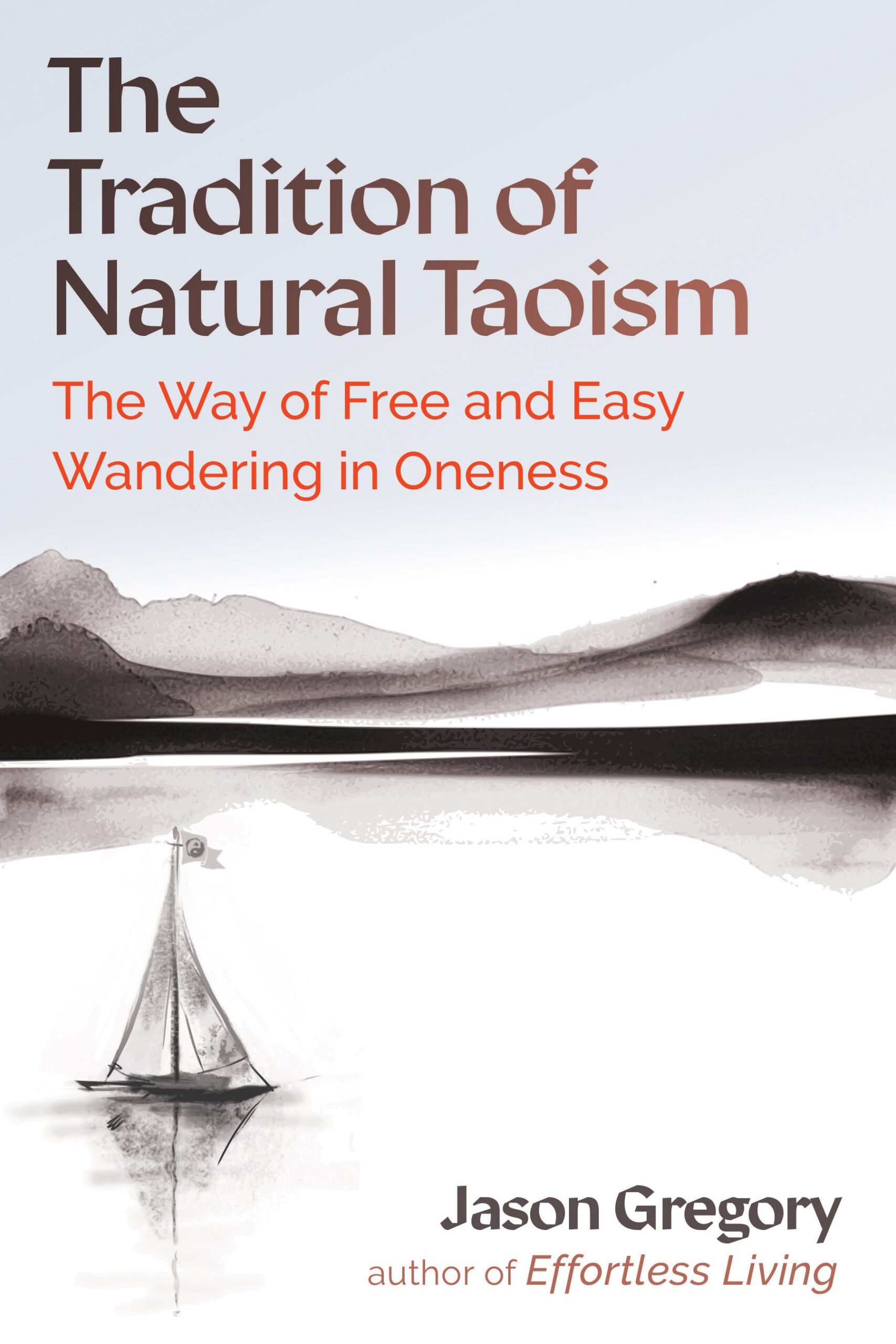Life is Playful, Not Serious | TAOISM, BUDDHISM, AND HINDUISM’S SANITY MANDATE
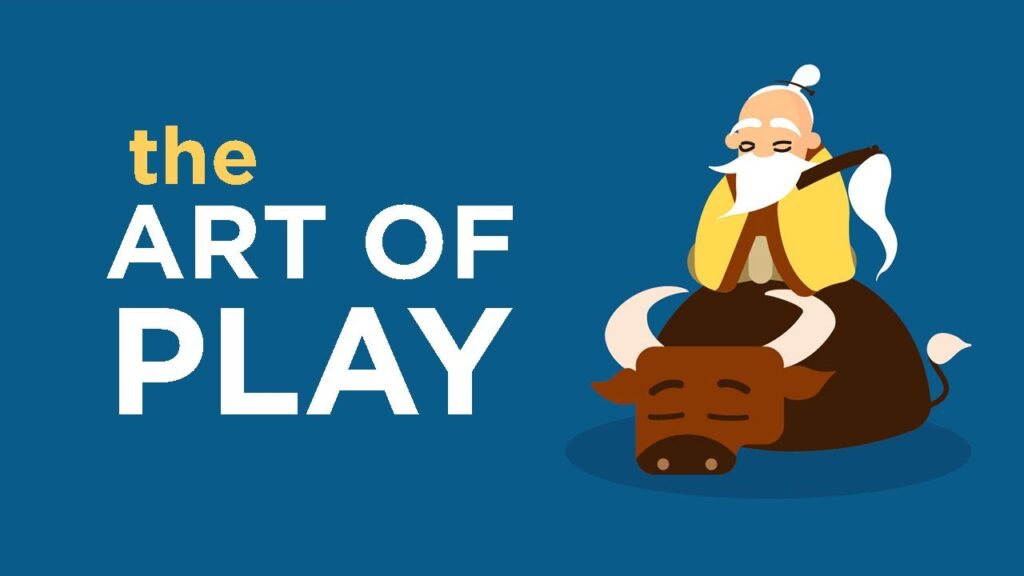
In this episode of Enlightenment Today, I will explain why life is playful and not serious. This knowledge has been known for thousands of years through Hinduism, Buddhism, and Taoism, but we are sadly losing our sense of play in an overly serious world. NOTE: This site directs people to Amazon and is an Amazon Associate member. As an Amazon Associate I earn from qualifying purchases, at no additional cost to you. The pages on this website may contain affiliate links, which means I may receive a commission if you click a link and purchase something that I have recommended. This goes a tiny way towards defraying the costs of maintaining this site.
What Would Happen if the Entire World was Enlightened?
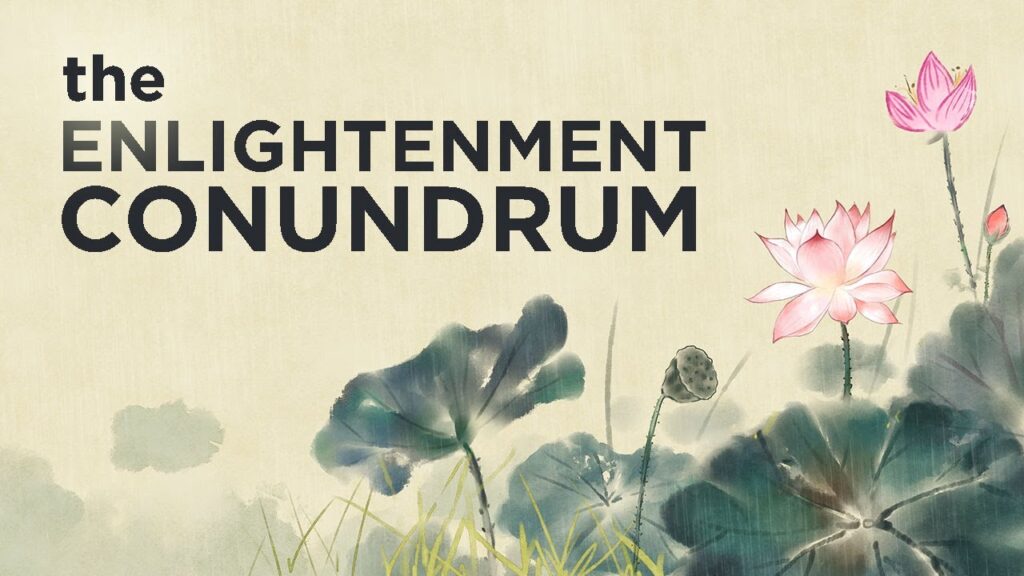
In this episode of Enlightenment Today, I will explain what would happen if the entire world became enlightened. Is it possible? Or is it an idealistic perspective? NOTE: This site directs people to Amazon and is an Amazon Associate member. As an Amazon Associate I earn from qualifying purchases, at no additional cost to you. The pages on this website may contain affiliate links, which means I may receive a commission if you click a link and purchase something that I have recommended. This goes a tiny way towards defraying the costs of maintaining this site.
TAOISM’S WARNING | What Happens to the World When the Tao is Forgotten?
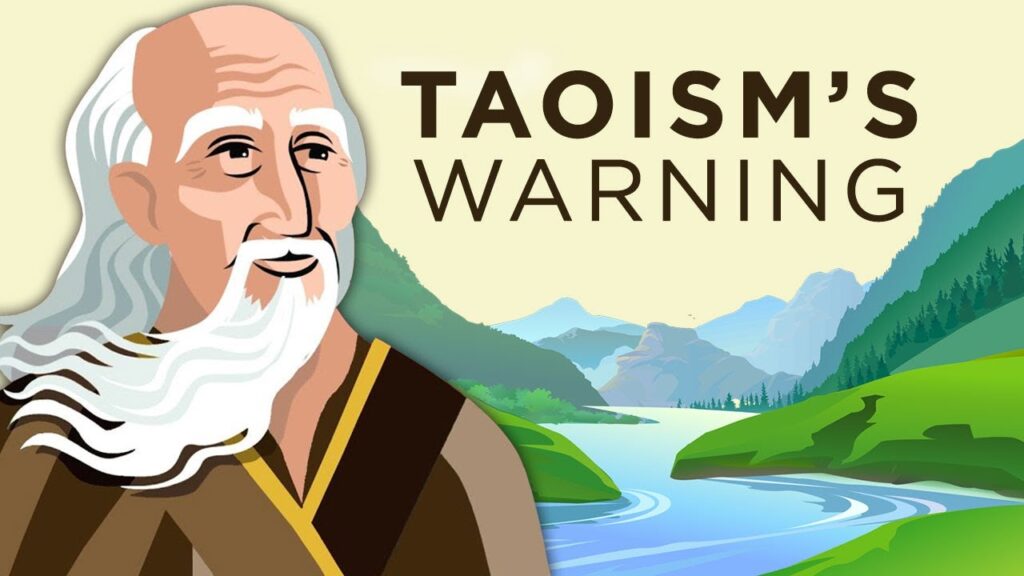
In this podcast, we will explain what happens to the individual and the world when the Tao is forgotten. This is the eighteenth episode of the 81 Meditations of the Tao Te Ching, a series where we explore each chapter of the Tao Te Ching. We will dissect chapter eighteen of the Tao Te Ching to give you ultimate clarity on the meaning of this chapter. NOTE: This site directs people to Amazon and is an Amazon Associate member. As an Amazon Associate I earn from qualifying purchases, at no additional cost to you. The pages on this website may contain affiliate links, which means I may receive a commission if you click a link and purchase something that I have recommended. This goes a tiny way towards defraying the costs of maintaining this site.
Can We Stop Thinking? | Taoism, Buddhism, and Hinduism’s Remedy for a Silent Mind
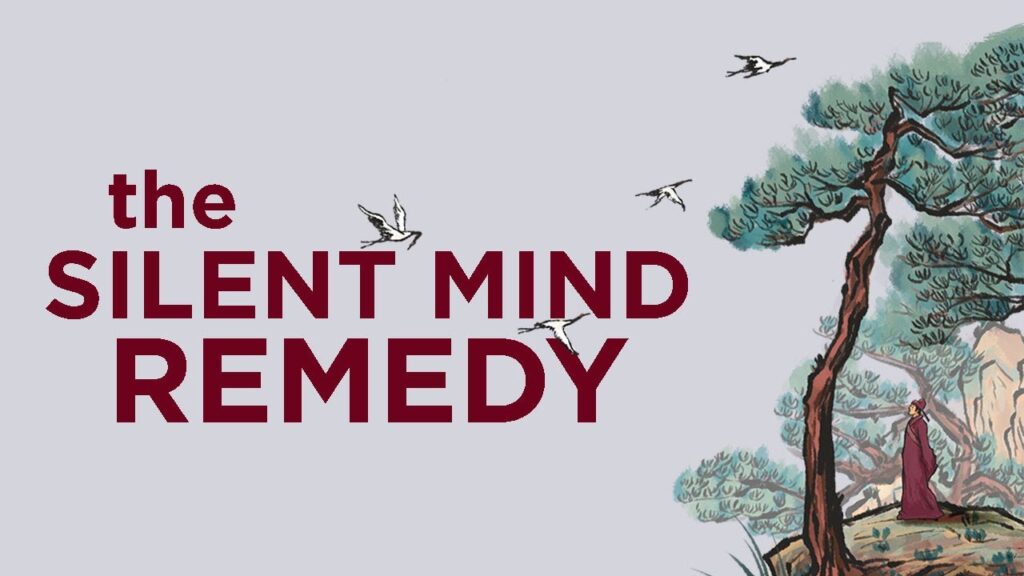
In this episode of Ask Jason, I will explore whether or not it is possible to stop thinking and essentially have a mind devoid of thoughts. WATCH NOW!!! NOTE: This site directs people to Amazon and is an Amazon Associate member. As an Amazon Associate I earn from qualifying purchases, at no additional cost to you. The pages on this website may contain affiliate links, which means I may receive a commission if you click a link and purchase something that I have recommended. This goes a tiny way towards defraying the costs of maintaining this site.
The Parable of the Chariot in the Bhagavad Gita and Upanishads | What Does it Mean?
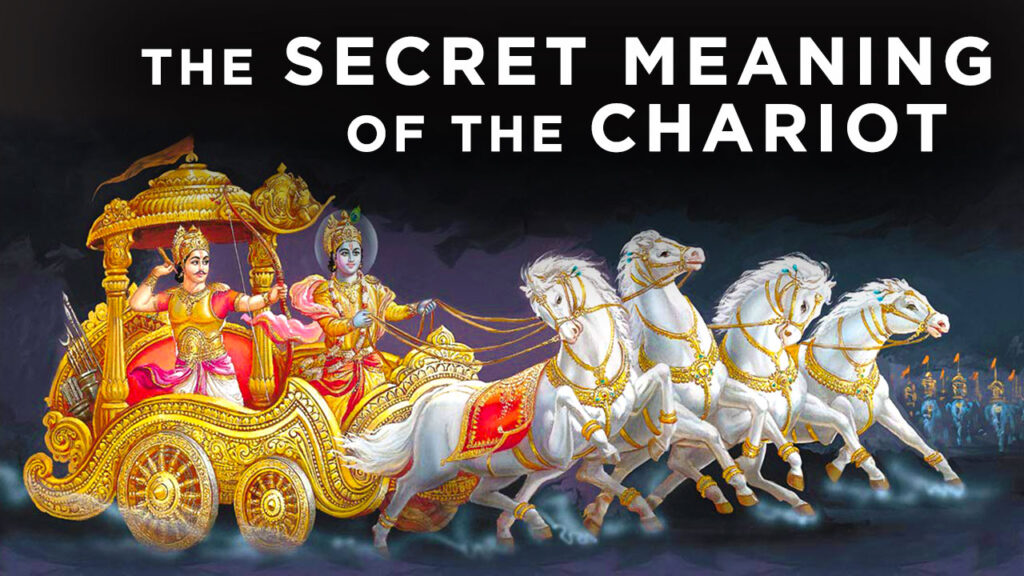
In this podcast, we will explain the secret meaning of the chariot found within the Bhagavad Gita and Upanishads. What is its spiritual significance on the path of liberation? NOTE: This site directs people to Amazon and is an Amazon Associate member. As an Amazon Associate I earn from qualifying purchases, at no additional cost to you. The pages on this website may contain affiliate links, which means I may receive a commission if you click a link and purchase something that I have recommended. This goes a tiny way towards defraying the costs of maintaining this site.
Taoism’s Lesson for Living with Principles | Why Lao Tzu Renounced the World

In this episode of Enlightenment Today, I will explain Taoism’s lesson for living with principles, which is best symbolized in why Lao-tzu left society. NOTE: This site directs people to Amazon and is an Amazon Associate member. As an Amazon Associate I earn from qualifying purchases, at no additional cost to you. The pages on this website may contain affiliate links, which means I may receive a commission if you click a link and purchase something that I have recommended. This goes a tiny way towards defraying the costs of maintaining this site.
What is God? | Revealing the Lost Knowledge of the Eternal Universe
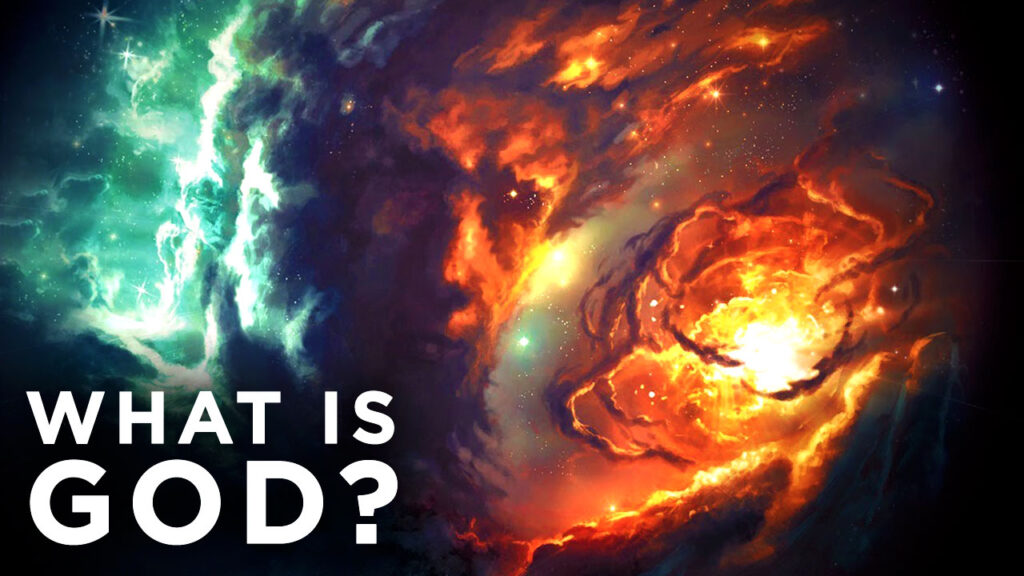
In this episode of Enlightenment Today, I will explain what God is from the perspective of the Eastern spiritual traditions. This secret knowledge answers what the nature of our universe is and how we ought to think about the ultimate reality itself. NOTE: This site directs people to Amazon and is an Amazon Associate member. As an Amazon Associate I earn from qualifying purchases, at no additional cost to you. The pages on this website may contain affiliate links, which means I may receive a commission if you click a link and purchase something that I have recommended. This goes a tiny way towards defraying the costs of maintaining this site.
Taoism’s 4 Levels of Leadership
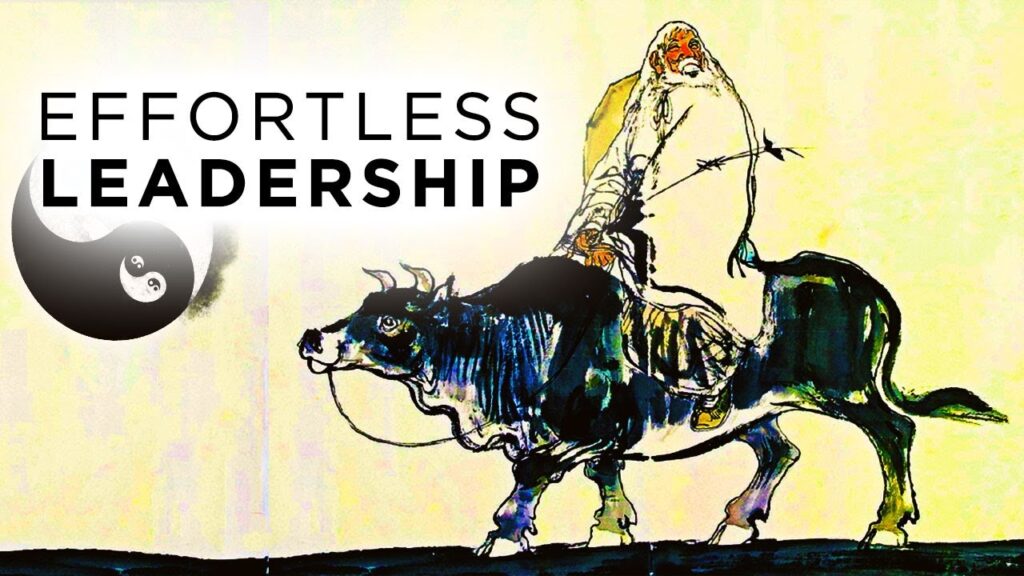
In this podcast, we will explain Taoism’s four levels of leadership. This is the seventeenth episode of the 81 Meditations of the Tao Te Ching, a series where we explore each chapter of the Tao Te Ching. We will dissect chapter seventeen of the Tao Te Ching to give you ultimate clarity on the meaning of this chapter. NOTE: This site directs people to Amazon and is an Amazon Associate member. As an Amazon Associate I earn from qualifying purchases, at no additional cost to you. The pages on this website may contain affiliate links, which means I may receive a commission if you click a link and purchase something that I have recommended. This goes a tiny way towards defraying the costs of maintaining this site.
Tibetan Buddhism’s Pessimistic View of the Future
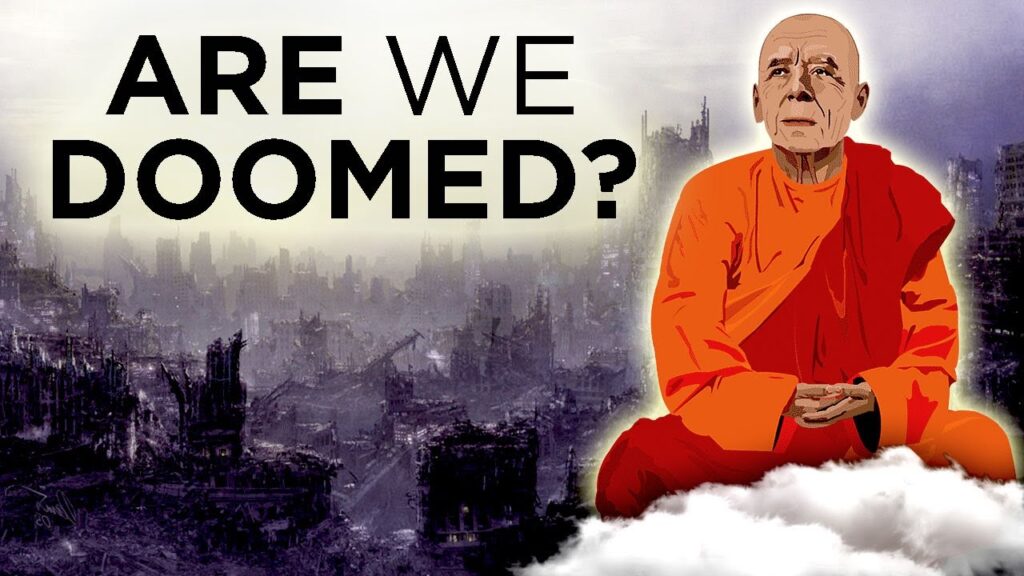
In this episode of Enlightenment Today, I will explain Tibetan Buddhism’s pessimistic view of the future. Over a decade ago, I was engrossed in the Tibetan Buddhist tradition in northern India. One of the main topics that constantly came up with the monks in the sangha was an inquiry into whether or not humanity has gone beyond the point of no return. NOTE: This site directs people to Amazon and is an Amazon Associate member. As an Amazon Associate I earn from qualifying purchases, at no additional cost to you. The pages on this website may contain affiliate links, which means I may receive a commission if you click a link and purchase something that I have recommended. This goes a tiny way towards defraying the costs of maintaining this site.
Nobody Wants You to Be Free
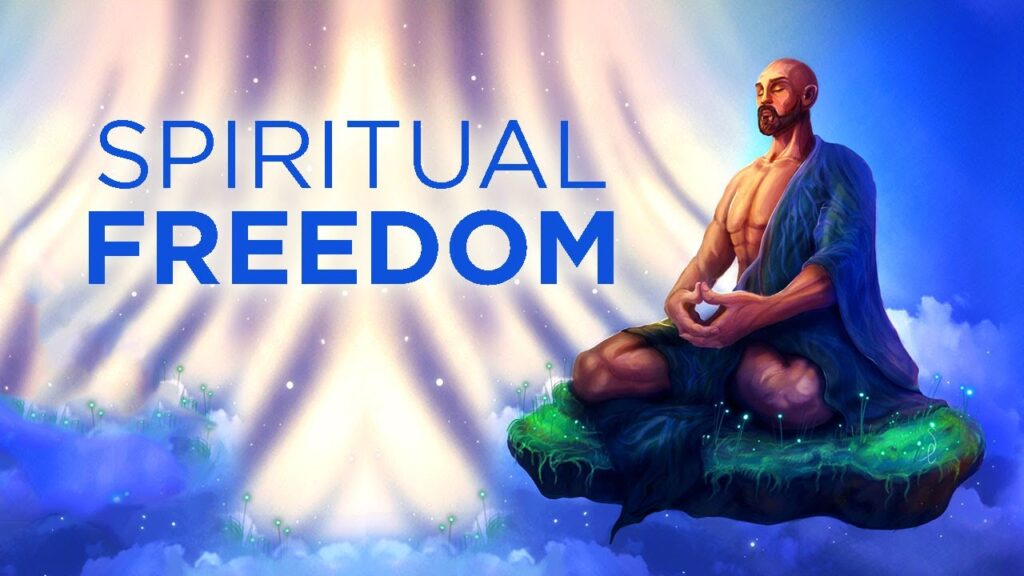
In this episode of Enlightenment Today, I will explain why ultimately nobody wants you to be truly free. Freedom is our inalienable right and we are supposed to protect it and realize it on all levels from the social to the spiritual. But there are always forces trying to take it away from you, no matter whether it is your government or the people you hold dear. Freedom worries those who seek to control you and when it comes spiritual freedom, anyone and everyone will do their best to impede your ultimate release from the bondage of life. Why? Find out! NOTE: This site directs people to Amazon and is an Amazon Associate member. As an Amazon Associate I earn from qualifying purchases, at no additional cost to you. The pages on this website may contain affiliate links, which means I may receive a commission if you click a link and purchase something that I have recommended. This goes a tiny way towards defraying the costs of maintaining this site.

